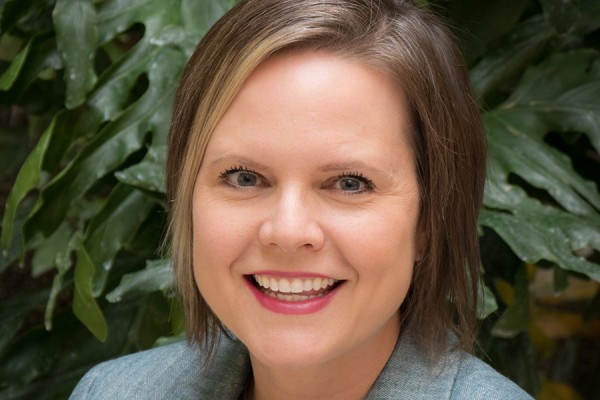 UWindsor social work professor Adrian Guta is leading a research project that will help decision-makers implement better policies on addiction services in response to COVID-19.
UWindsor social work professor Adrian Guta is leading a research project that will help decision-makers implement better policies on addiction services in response to COVID-19.
A social work professor at the University of Windsor is leading international research into how the current pandemic is affecting people who use drugs.
Adrian Guta has been awarded a $50,000 grant from the Canadian Institutes of Health Research to conduct a review of how harm-reduction programs and other addiction services have changed in response to COVID-19. Leading the project together with experts across Canada and one in Australia, he will compile all the available literature on the topic and consult supervised injection sites, overdose prevention services, and clinicians who treat people who use drugs.
The goal, he said, is to better inform decisions now and in future public health emergencies.
“People who use drugs tend to be very marginalized,” Dr. Guta said. They are the segment of society most prone to homelessness and face barriers to accessing health care. The effects of social distancing, isolation, quarantine are hitting them especially hard.
“When you are a person who uses drugs, accessing basic needs is harder, so the closures of programs are disproportionately affecting them.”
Because of COVID-19, many of the social and health services on which people who use drugs depend have reduced operating hours or closed altogether. Pointing to the decision to discontinue the needle-exchange program in prisons previously being phased in by Corrections Canada, Guta said, “Harm reduction initiatives have been discontinued using the pandemic as the stated rationale without adequate justification… Evidence synthesis is critically needed to support decision making at this time.”
Guta cites Windsor’s 18 overdose deaths in one week last month, and others happening across the province and country, as a possible consequence of COVID-19. He believes at least some of the deaths could have been prevented if Ontario doctors had guidelines on prescribing a “safe supply” of opioids, benzodiazepines, and stimulants to drug users to support their ability to remain isolated and to reduce the risk of overdose from adulterated street drugs. British Columbia is the only province with such guidelines.
“Safe supply is critically needed, but to my knowledge, there are no prescribers in the Windsor-Essex region,” he said. “There are some willing prescribers scattered across the province, but Ontario should be following B.C.’s lead and making safe supply available to all people who use drugs to reduce their risk of overdose and support their ability to physically distance during the COVID-19 pandemic.”
Guta has partnered on the research project with the Canadian Association of People Who Use Drugs, the Canadian HIV/AIDS Legal Network, and the Canadian AIDS Treatment Information Exchange.
The leaders of addiction programs say there is a lack of clarity about best practices during this time, Guta said. They worry not only about increased risks of drug overdoses, the lack of a safe supply of drugs, and willing prescribers, but diminishing services that provide shelter and food to vulnerable populations.
An informal survey of harm-reduction workers showed they are rapidly redesigning their services to ensure a safe working environment. Some are delivering their services electronically or over the phone.
As part of the project, Guta and his fellow researchers will translate the scientific evidence into an accessible public service announcement.
Guta is also co-leading a two-year research project funded by the Ontario HIV Treatment Network on emergency safe supply programs. He and University of Toronto’s Carol Strike have been awarded a $270,000 to research how to bridge HIV prevention, treatment and care for people who inject drugs.
An HIV researcher, Guta also recently co-authored an article in the journal AIDS and Behaviour entitled, “Pandemic.”
—Sarah Sacheli




